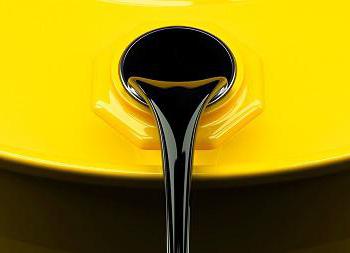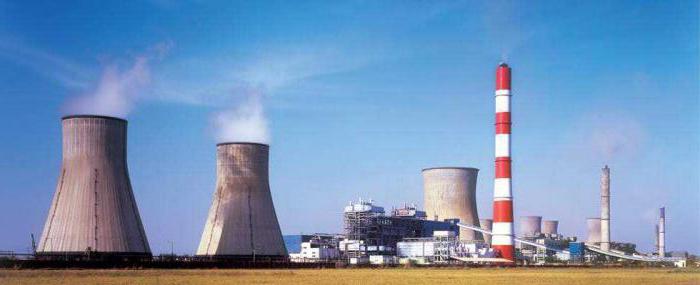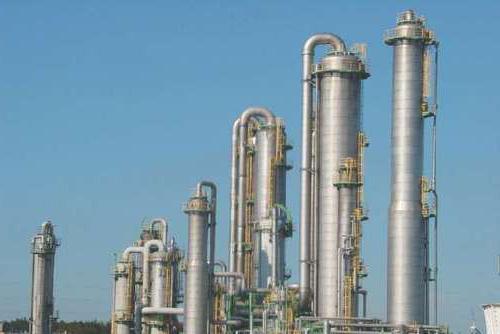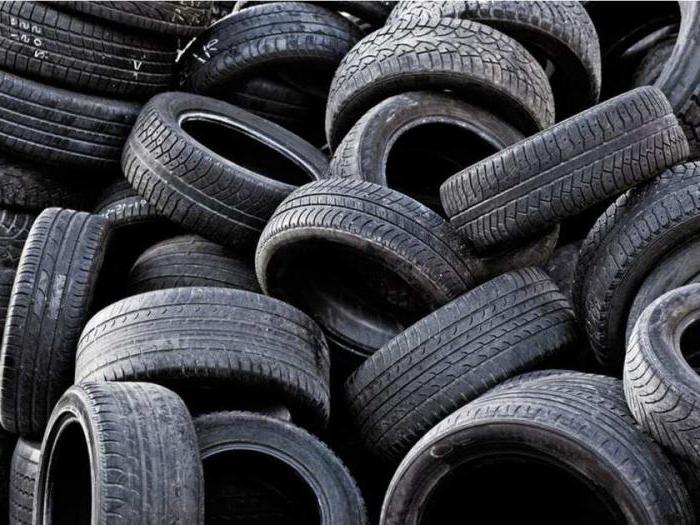In the process of oil refining, a precipitate is formed - fuel oil. It is a heavy substance that degrades the quality of a fossil. That is why fuel oil is removed from it. Meanwhile, it retains combustible properties, and its cost is much less than that of gasoline, kerosene and diesel fuel.

Getting fuel oil
The main method of producing fuel oil is the refining of oil or its products. The resulting thick, dark brown liquid is a mixture of heavy substances. Less commonly used is the method of enrichment of coal and other minerals with combustible properties.
Today, the processing of tires into fuel oil, more precisely, into an oily liquid, similar to it in all respects, is gaining more and more popularity.
Benefits
Fuel oil is a relatively safe combustible substance. If a natural gas leak poses a serious explosion hazard, a fire caused by the spill of oil or its refined products can be eliminated much more easily.
In addition, fuel oil has the following advantages:
- low cost;
- able to generate a large amount of electricity;
- can be used in combination with biofuels.
disadvantages
The main disadvantage of fuel oil is the damage done to the environment. When it is burned, the same waste is generated as when using coal. Not every country can afford to purchase modern systems that reduce the degree of toxicity of emissions.
In addition, in the long term, an increase in the price of fuel oil is expected, since it directly depends on the cost of crude oil.
Types of Fuel Oil
To date, known and widely used technologies for producing the following types of fuel oil:
- M-40, M-100;
- naval F-5 and F-12;
- straight run;
- furnace;
- boiler room;
- technological;
- fuel oil-T;
- unhosted.
As a rule, they are used in boiler rooms, various installations and for vehicles.
The most widely used type of fuel oil is heating oil. It is formed after the initial processing of oil. The remaining species are produced in much smaller quantities. This is due to the transition to another, more environmentally friendly fuel.

Recycling
The oil liquid obtained after the primary or secondary distillation of oil is used in its pure form as heating oil or sent to the unit for its further separation into components (fractions).
Processing of fuel oil is carried out by the vacuum method. Its essence is as follows: in the installation, the raw material is heated to 430 ° C. Under the influence of high temperatures, the evaporation of heavy hydrocarbons begins. The fuel oil processing plant is a distillation column. This is a kind of vessel designed to separate liquids into separate fractions.
Upon completion of the cracking process, a solar distillate is formed in the upper part of the column, below which are the components that serve as the basis for the production of various commercial oils. To convert fuel oil into fuel, these oil fractions are further refined. At the final stage, they are re-divided into components. Then the fractions are further purified and various impurities are added to each part. This results in oils that are ready for sale to the end user.
In the lowest part of the distillation column, the remainder of the oil accumulates.There are 2 possible options for further action - the secondary processing of fuel oil is launched or it is used to make tar, which, in turn, is needed for the production of bitumen and residual oils. These substances are also necessary. For example, bitumen is a material that is widely used in domestic and road construction. Also based on it are insulating materials.
Thus, the processing of fuel oil is a virtually waste-free process. After all, all its components are used.

Processing products, their application
The main products of fuel oil processing are:
- Boiler fuel. The most widespread type of fuel produced for boiler rooms, various ship installations and technological furnaces. It is formed as a result of primary distillation of fuel oil. The quality assessment criteria are: viscosity, sulfur content, coking ability, pour point and combustion temperature, density, water and various impurities.
- Motor fuel. It is fuel for internal combustion engines. It has good environmental properties, low chemical activity and the absence of impurities. The latter affect the level of harmful deposits in the engine.
- Distillate and residual oils. Lubricants used mainly to reduce the friction of parts of various mechanisms and the production of hydraulic fluids.
- Bitumen. Demanded in domestic and road construction material with many advantages. A distinctive feature of bitumen is resistance to fire. In addition, it has a high degree of resistance to aggressive substances, water and high temperatures. Characteristics of bitumen can be improved by adding various chemical compounds.

In the modern world, the importance of oil is very great. Unique mineral processing products are used in major industries. Fuel oil is an oily liquid obtained in the process of distillation of oil, preserving its combustible properties and of low cost. The substance is used as fuel for boiler houses or is further processed to produce various oils and bitumen.
